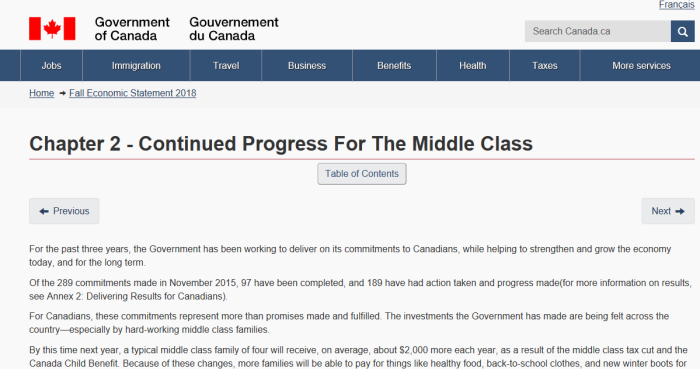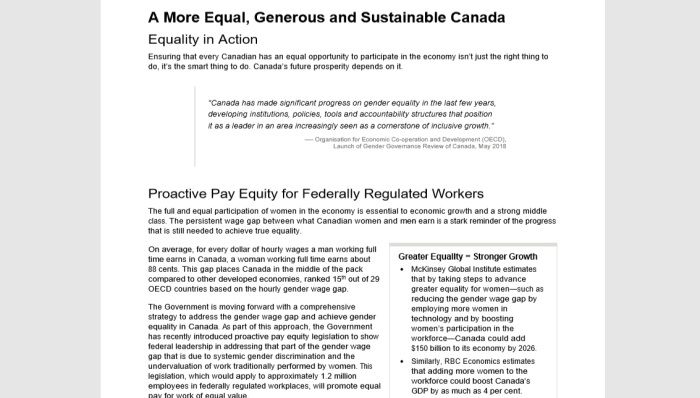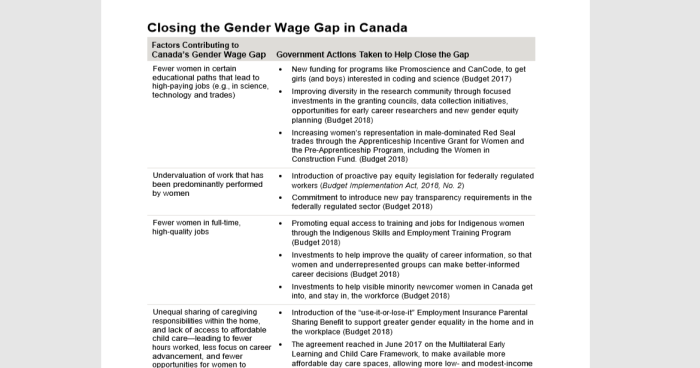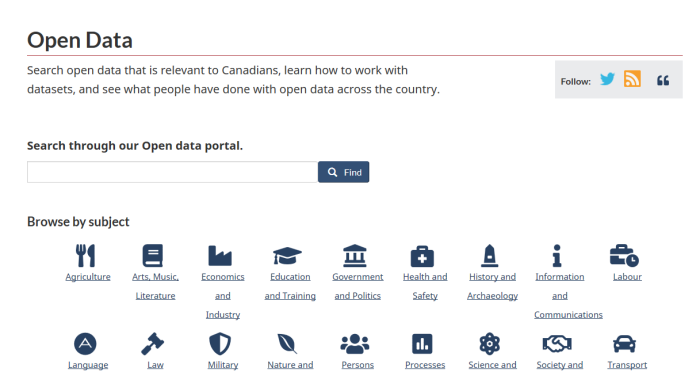
(The new release from the Federal Government)


(Not surprising, the endless pandering about the “wage gap”)
1. The Media Is Not Loyal To The Public
Truth is essential in society, but the situation in Canada is worse than people imagine. In Canada (and elsewhere), the mainstream media, periodicals, and fact-checkers are subsidized, though they deny it. Post Media controls most outlets in Canada, and many “independents” have ties to Koch/Atlas. Real investigative journalism is needed, and some pointers are provided.
2. Fall 2018 Economic Update
The good part starts on page 40 of the Update. It has to do with “Support For Canadian Journalism”
Here is the problem that the Canadian Government identifies:
In recent years, changes in technology and in the way that Canadians consume news have made it difficult for many news outlets to find and maintain financially sustainable business models. At a time when people increasingly get their news online, and share news and other content through social media, many communities have also been left without local news outlets to tell their stories. Concerns have been expressed that, without government intervention, there may be a decline in the quantity and quality of journalism available to Canadians, including a significant loss of local news coverage.
In November 2018, the Prime Minister, together with other world leaders, committed to take action to support a strong and independent news sector in the digital age. The Government recognizes the vital role that local journalism plays in communities all across the country, and is committed to finding ways to help keep people, and communities, connected through local news providers
Yes, that is correct. The Government realizes that in modern times, the old format of news (large offices and staff), has become obsolete, and financially unviable. This is particularly true in the age where anyone with a laptop and a camera can post online and gain a substantial following.
CanuckLaw itself is run on a shoestring budget, with little expenses. So yes, it is easy to sympathise with those who have had a lengthy career in media.
However, this is the new reality. Media itself is reducing the barriers to entry where literally anyone can be a contributor online. Rather than maintaining a monopoly (or near monopoly) on news, major outlets are facing strong competition from a population who can drastically undercut it. Further, these people will have no loyalty to any political party or government. This is good for a free and open media.
However, the Federal Liberals have decided that propping up the media financially is a better idea.
Access to Charitable Tax Incentives for Eligible News Organizations
Budget 2018 announced that the Government would explore new models that would enable private giving and philanthropic support for trusted, professional, non-profit journalism, including local news. To that end, the Government intends to introduce a new category of qualified donee, for non-profit journalism organizations that produce a wide variety of news and information of interest to Canadians. As qualified donees, eligible non-profit journalism organizations would be able to issue official donation receipts, which allows donors to benefit from tax incentives for charitable giving (including the Charitable Donations Tax Credit for individuals and deductions for corporations). As qualified donees, these organizations would also be eligible to receive funding from registered charities.
A New Refundable Tax Credit to Support News Organizations
To further support news journalism in Canada, the Government intends to introduce a new refundable tax credit for qualifying news organizations. This new measure will aim to support Canadian news organizations that produce a wide variety of news and information of interest to Canadians. The refundable credit will support labour costs associated with producing original news content and will generally be available to both non-profit and for-profit news organizations. An independent panel will be established from the news and journalism community to define eligibility for this tax credit, as well as provide advice on other measures. Once established, the effective date of the refundable tax credit will be set for January 1, 2019.
A New Non-Refundable Tax Credit for Subscriptions to Canadian Digital News Media
To support Canadian digital news media organizations in achieving a more financially sustainable business model, the Government intends to introduce a new temporary, non-refundable 15-per-cent tax credit for qualifying subscribers of eligible digital news media. In total, the proposed access to tax incentives for charitable giving, refundable tax credit for labour costs and non-refundable tax credit for subscriptions will cost the federal government an estimated $595 million over the next five years. Additional details on these measures will be provided in Budget 2019
Yes, the government will be spending about $595 million over 5 years, $119 million annually, to prop up dying media outlets.

The story is explained by Candice Malcolm, but in a nutshell, Unifor, the union which represents — among others — 13,000 media workers, is officially committing to opposing the Federal Conservative Party.
This of course raises a huge red flag. A union that will be taking $120 million/year to subsidise failing media outlets is officially opposing the government’s main opposition party.
In fact, this arguably violates the Conflict of Interest Act. A political party using their power to award public funds to an industry, namely media, who can promote their interests.
3. Conflict Of Interest
4 For the purposes of this Act, a public office holder is in a conflict of interest when he or she exercises an official power, duty or function that provides an opportunity to further his or her private interests or those of his or her relatives or friends or to improperly further another person’s private interests.
Marginal note:
General duty
5 Every public office holder shall arrange his or her private affairs in a manner that will prevent the public office holder from being in a conflict of interest.
Marginal note:
Decision-making
6 (1) No public office holder shall make a decision or participate in making a decision related to the exercise of an official power, duty or function if the public office holder knows or reasonably should know that, in the making of the decision, he or she would be in a conflict of interest.
It sounds harsh. However, from the literal wording in the Conflict of Interest Act, the subsides and political allegiance do appear to violate it.
4. Interview With Howard Law Of Unifor
On Friday, November 23, Unifor representative Howard Law did return a phone call for an interview. Here is a summary of that interview.
(a) The subsidies are meant to keep jobs from being lost, and to prop up sections of the media that are becoming unviable with technology changes.
(b) There is no deal of any kind to provide favourable coverage to any political party.
(c) Unifor, the union, promotes progressive causes all the time. They do not oppose any party because of financial considerations like what people suggest here.
(d) The media workers will continue to operate objectively.
While Mr. Law’s comments are reasonable on the surface, there is still no question that this at least appears to be a form of bribery. Governments handing millions of dollars to a friendly media reeks of propaganda and corruption.
But for now we will wait and see what comes of this.

